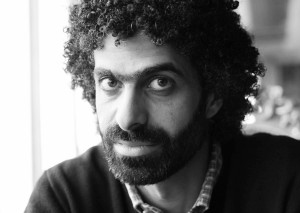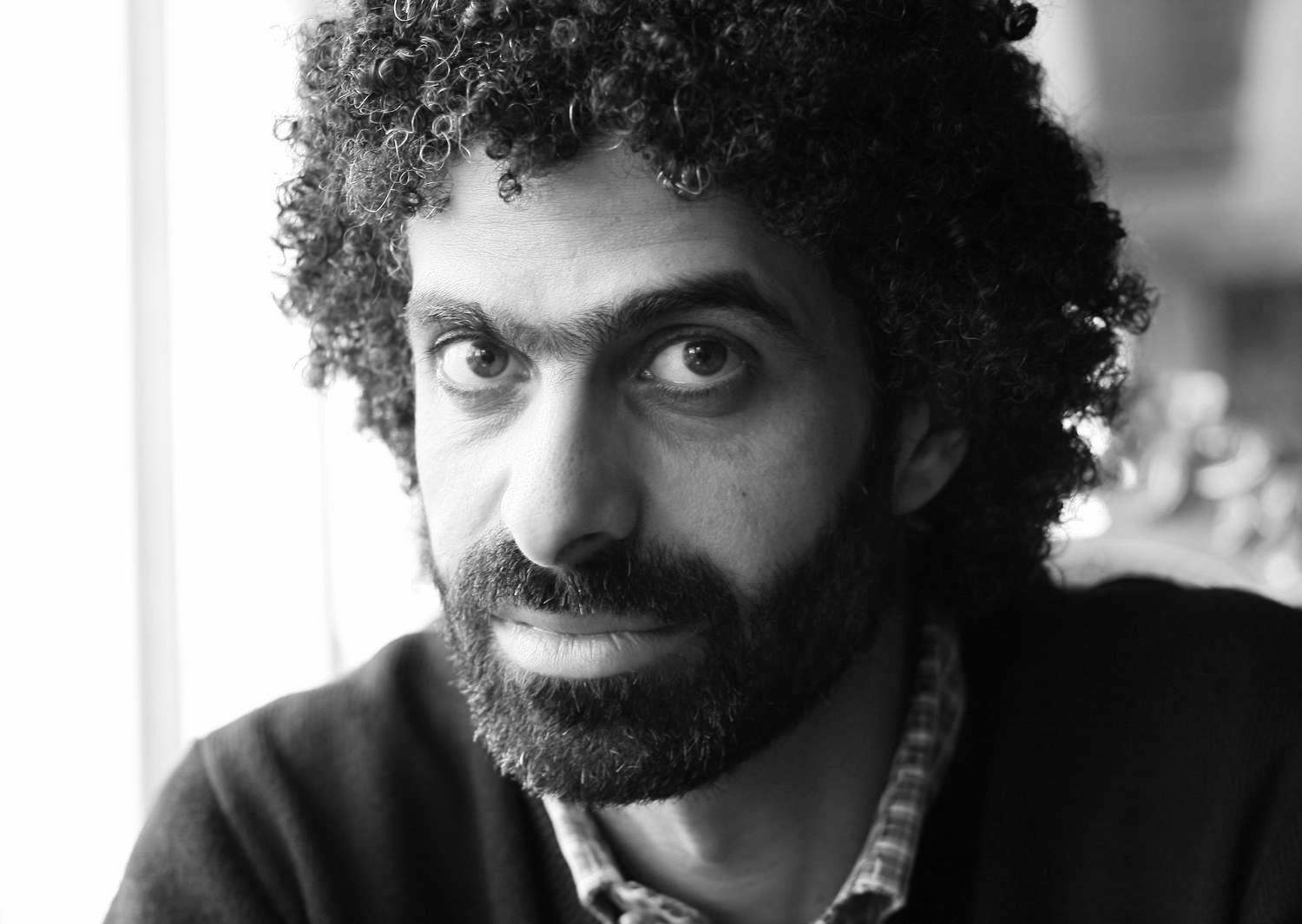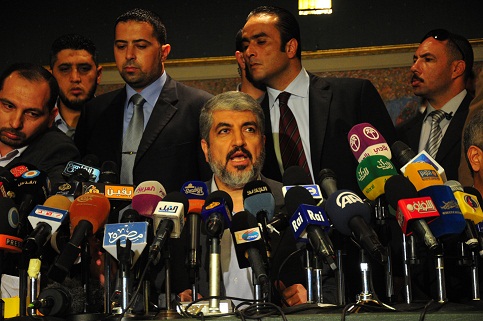
Tamarod (Rebel) is a campaign aiming at collecting the biggest number possible of signatures by Egyptians, who agree to withdraw confidence from President Mohamed Morsi. The campaign caught significant attention in the media, local and international, and in the daily political arguments among ordinary Egyptians. Rebel as a non-traditional tactic of opposition, or as some consider as a move for bringing down the Muslim Brotherhood’s regime, is creating some controversy. Many optimistically see it as a feasible means of ousting Morsi and calling for early presidential elections, while others see it as a ridiculous, illegal and useless action, with variations of other opinions in between.
It is not very clear who’s behind Rebel, but obviously it is a group of very optimistic and active revolutionary youth from all colours of political and revolutionary backgrounds. The campaign that launched on 22 April managed to attract massive support all over the country, even from ordinary apolitical citizens, who simply do not see any positive change in the horizon under Morsi and his group.
According to Rebel’s official spokesperson Mohamed Badr, talking to Al-Shorouk newspaper: “The campaign aims at rebelling against the grey status the country has reached,” which appeals to the majority of Egyptians including many of the five million, who voted for him during the first round of elections last year.
Following its launch, the campaign did not pick up quickly, given its obvious low budget and ability to do proper PR. However, two weeks were more than enough to make my 65-year-old apolitical mother call in order to let me know that she signed Rebel’s confidence withdrawal petition.
So far, the campaign successfully managed to collect more than three million signatures out of the targeted 15 million until the end of June, as it is planned on that day that “all” who signed will go to the presidential palace and demand early presidential elections, or otherwise they will declare civil disobedience.
On the other hand and under the fear of the momentum Rebel has gained, Islamists with their two fractions had to react and launch two counter-campaigns. Ta’yeed by the Muslim Brotherhood youth, which means support in Arabic. And Tagarod by the Salafis, which means emptiness or nakedness as a poetic rhythmic mockery of the Rebel campaign, pronounced as Tamarod in Arabic.
Both Islamist Ta’yeed and Tagarod campaigns use obedience tendencies of their followers, who might be relatively diminishing. They also call for respect of the outcome of the electoral process that brought Morsi to power. Both seem to be not working very well.
Supporters of Morsi in both anti-Rebel campaigns keep spreading different types of rumours against the campaign and those participating in it as “anarchists aiming at spreading chaos in the country”. As a result, many Rebel members were attacked in the streets in different locations across the country, some were shot with bucket bullets, some were arrested by the police and finally the prosecutor general has ordered investigations into members of the campaign. Ironically, all of this is working as an excellent PR for Rebel. Ridiculously, old politicians are never tired of repeating Mubarak’s mistakes over and over.
The anti-Rebel campaigners have managed to raise only one single valid argument among the public: Legality of the campaign.
Morsi supporters claim that withdrawing confidence from a president does not exist in the constitution and is considered to be an illegal action. Such a question of legality made a split among the Egyptian legal and political elites, and has been the topic of a couple of talk shows, for and against. However, the average citizens apparently could not care less.
Actually, beyond the legality of Rebel and the whole elite arguments, there are three significant benefits from this campaign, whether it succeeds forcing Morsi and the Muslim Brotherhood out of the palace or not.
First, Rebel is now working as a revolutionary thermometer measuring the ability of mobilisation in post-Mubarak Egypt and determining if people are still able to respond to demands of change based on the stock of optimism they might have kept since the 18-day euphoria of Tahrir in 2011.
Second: At the end of the campaign on 30 June, we will be provided with an extremely rich up-to-date source of data about the demographics of political activism, which in turn will be very useful in future planning by the revolutionary youth and opposition.
Third: If the campaign reaches its 15-million-signature goal, it might provide the “opposition and revolutionary stars” with a last golden chance to maturely team up, politically mobilise and use the momentum of people’s awakening for enforcing real change bringing the revolution back on the right track.
However, I doubt our mighty opposition heroes are up to the average citizen’s maturity and persistence.




